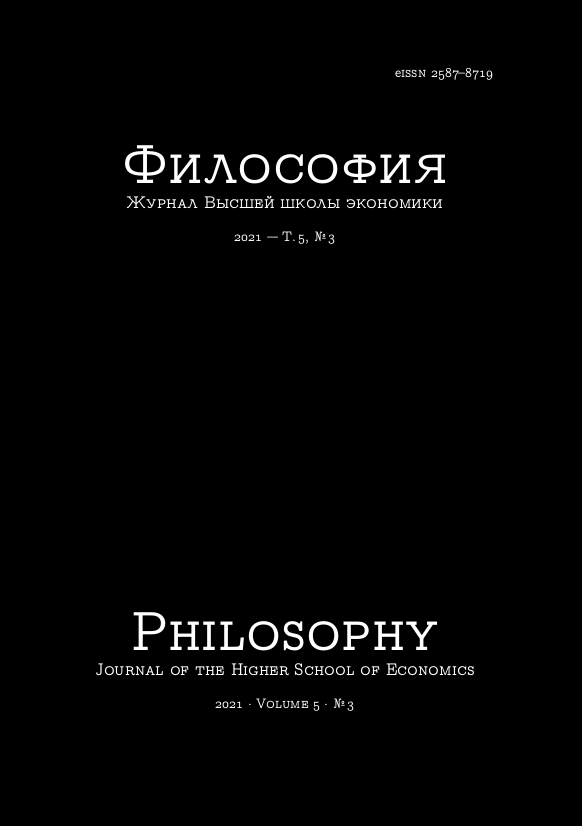Темпоральные экзистенциальные смыслы героев Достоевского и их большевистская реинкарнация
Аннотация
В романах Ф.М. Достоевского «Братья Карамазовы», «Преступление и наказание» и «Бесы» каждому основному герою сопутствуют экзистенциальные смыслы — органические части произведений. Без их формулирования герои бы не имели столь глубоких, философски значимых характеров. Эти смыслы: «рвущаяся к свету душа»; разрешаемая «кровь по совести»; старчество — «берущий вашу душу, вашу волю в свою душу и в свою волю»; никаким грехом «не истощимая и бесконечная божья любовь»; немыслимость, но все же реальная явленность «будущего члена всемирно-общечеловеческой социальной республики и гармонии»; определение людей как «бунтовщиков слабосильных, собственного бунта своего не выдерживающих» и потребность «общности преклонения» перед «силами чуда, тайны и авторитета». Формулируя и раскрывая их содержание, Достоевский, несомненно, отчетливо сознавал, что тем самым создает представление о природе русского человека, существенно отличной от природы людей иных культур. В этой природе автор усматривал возможность реализации божеского предназначения русских «сказать свое слово миру», вывести мир из лжи, меркантилизма и потребительства, ассоциируемых им с либерализмом, в трясину которого все сильнее погружается Европа и на котором пытается созидать себя Америка. Но экзистенциальные смыслы, как открывает история, темпоральны, то есть перебрасываются во времени, в частности, обретают новую жизнь в большевистскую эпоху. Отчего они начинают давать о себе знать именно в это время? Вероятно, оттого, что страна в очередной раз начинает искать свое предназначение в мире, сознавать глубинный смысл своего бытия и, более того, безоглядно практически преобразует себя в соответствии с некой схемой, в которой даже сами ее творцы толком не разобрались; ведь в применении марксизма на русской почве было больше авантюрного действия, основанного на фантазии и фанатизме, чем даже простого здравого смысла. Броситься в пучину переустройства мог только человек, уверовавший, в частности, что это именно то, чего жаждет его «душа, рвущаяся к свету», и что обеспечивается остальными присущими его природе экзистенциальными качествами и свойствами.
Скачивания
Copyright (c) 2021 Философия. Журнал Высшей школы экономики

Это произведение доступно по лицензии Creative Commons «Attribution-NonCommercial» («Атрибуция — Некоммерческое использование») 4.0 Всемирная.






